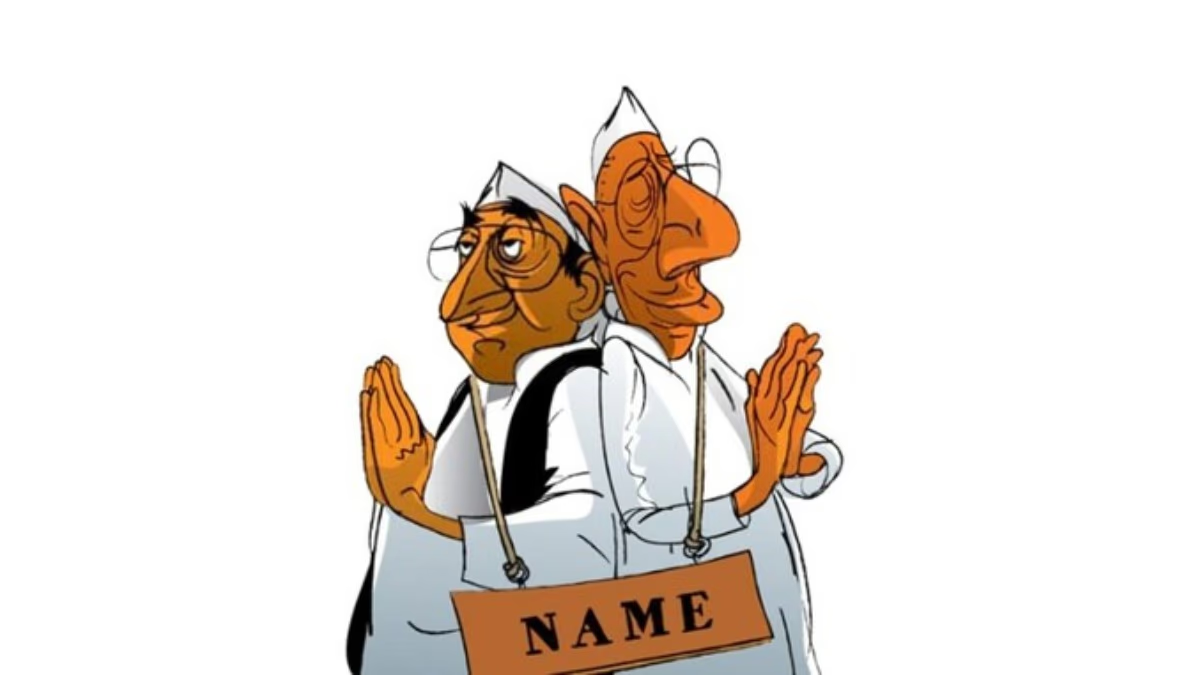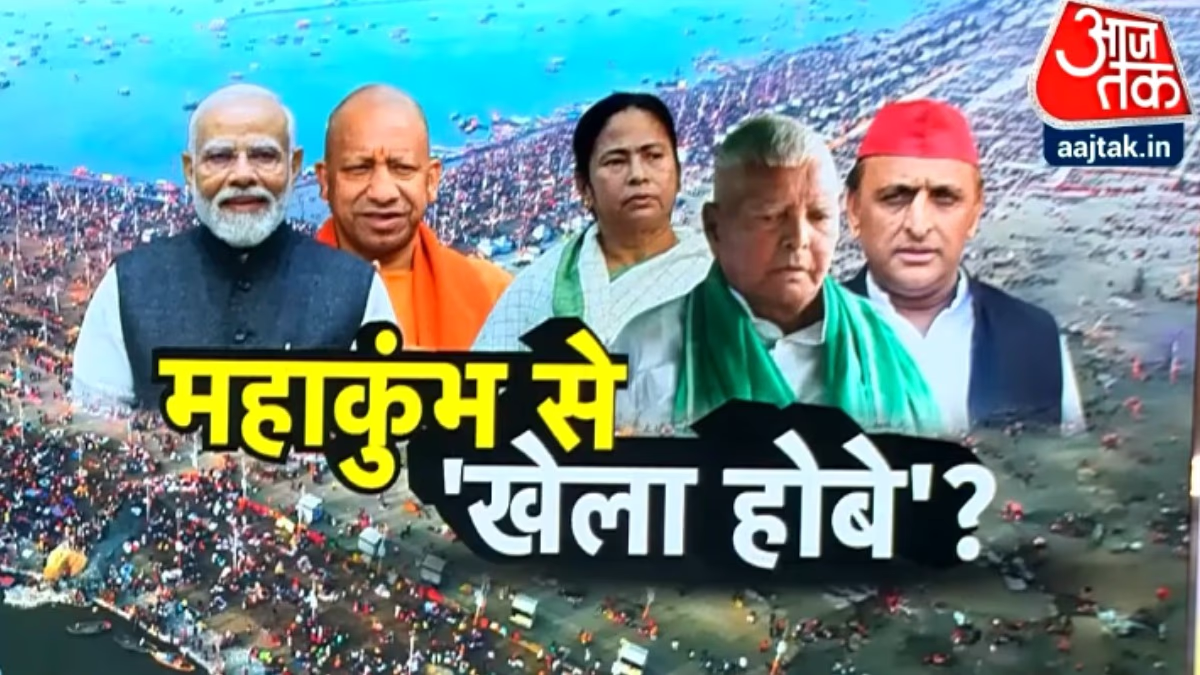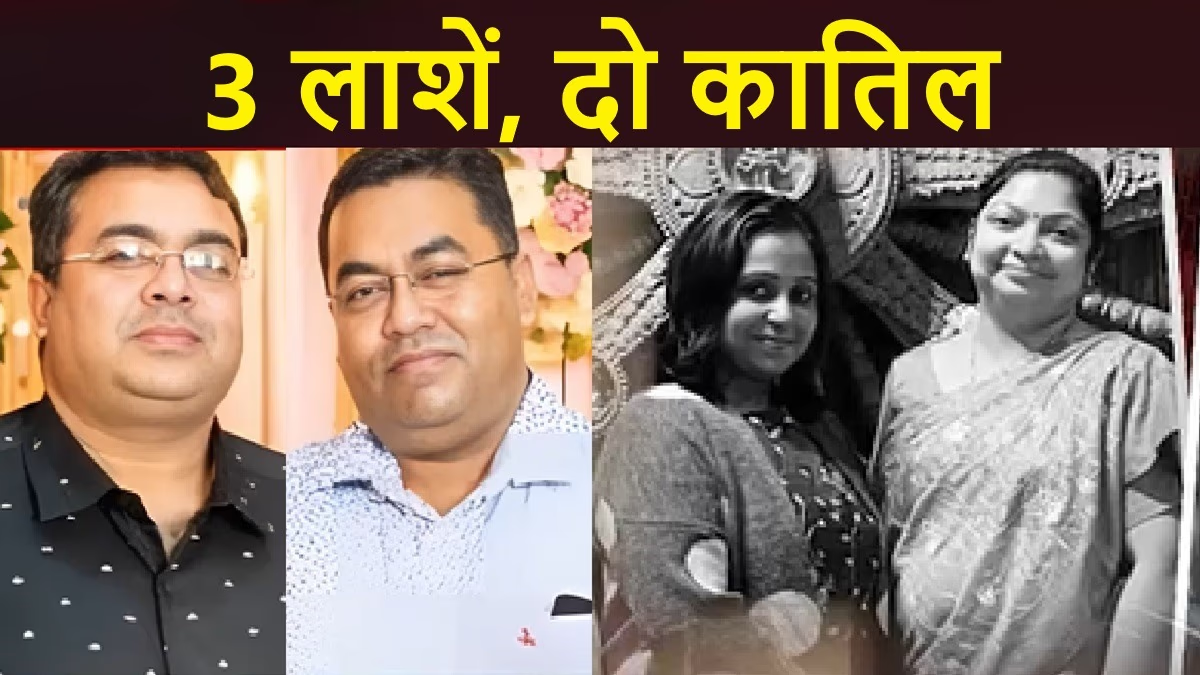The decision on whether individuals with criminal backgrounds, or those convicted of crimes, can contest elections for life will be made by Parliament. The central government has clarified its position by filing an affidavit in the Supreme Court. This affidavit was submitted in response to a notice during a hearing challenging Sections 8 and 9 of the Representation of the People Act 1951.
These sections currently disqualify any public representative from contesting elections for six years after their sentence has been completed, following a conviction. This is what is being challenged. During a hearing on February 10, the bench of Justice Dipankar Datta and Justice Manmohan expressed surprise at how a convicted individual could re-enter a legislative body and asked the government to respond within three weeks.
225 MPs Face Criminal Cases
In this case, one of the petitioners, the Association for Democratic Reforms, informed the court that criminal cases are filed against 225 of the 544 Lok Sabha MPs. The petition challenges the reliance on Articles 102 and 191 of the Constitution.
These articles detail the rules and conditions for disqualifying someone from contesting elections or holding membership. In its response, the central government stated that Articles 102 and 191 empower Parliament to legislate and amend disqualification laws for members. The government asserted in its affidavit that the court cannot direct the government to legislate, as the petition demands. This authority is beyond the constitutional powers granted to the Supreme Court.
The Supreme Court was surprised to learn how convicted individuals might re-enter legislatures, prompting the government to clarify their stance within three weeks.




